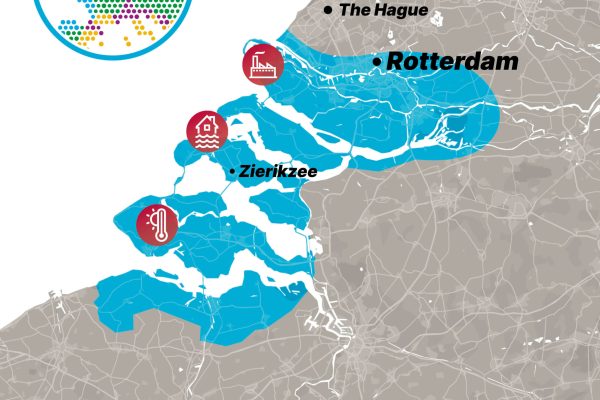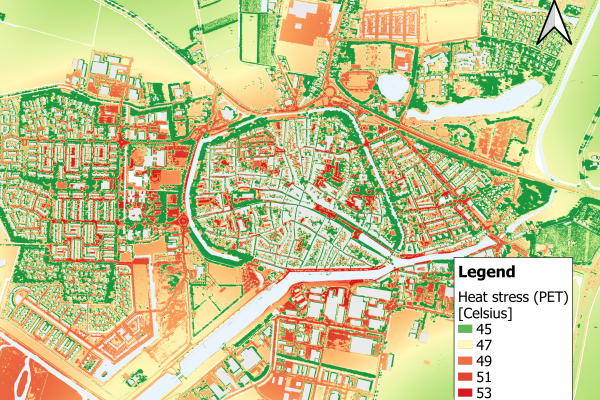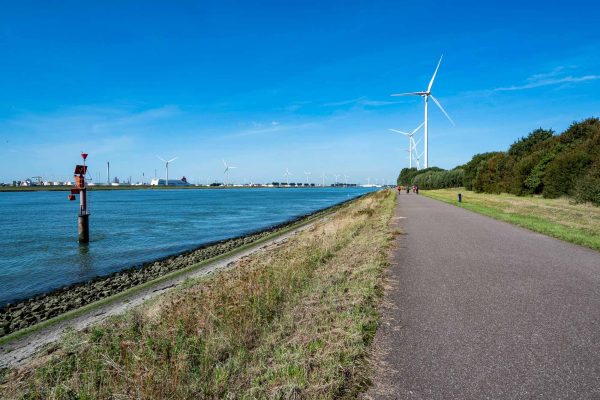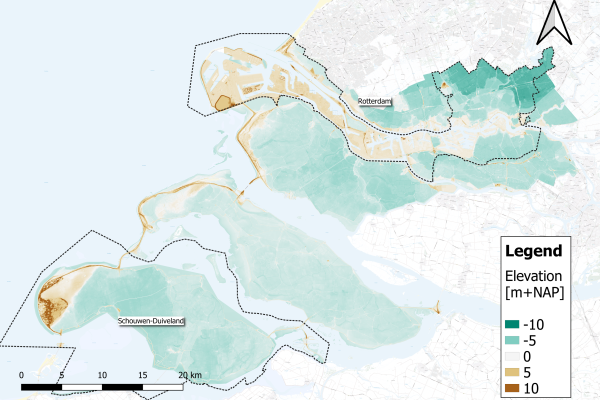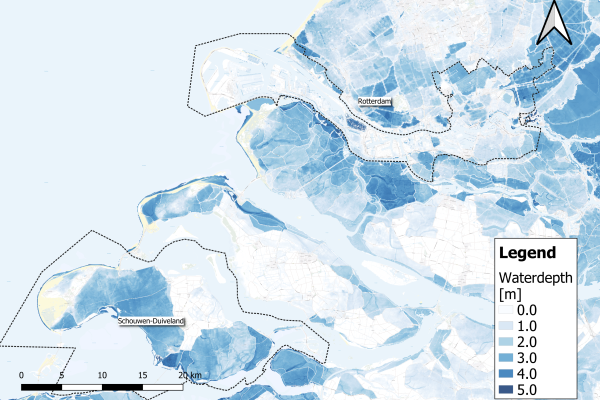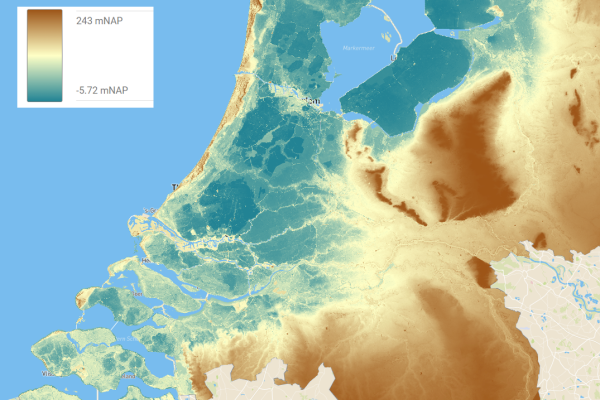As IMPETUS progresses, there will be opportunities to get involved with events, co-creation of climate-change adaptation solutions, and other activities at local, regional or international levels. The first opportunity to get involved is to share knowledge, expertise, concerns and ideas about regional climate change impacts and solutions in our regional surveys.
You are also welcome to contact us to find out more about such opportunities, the work of IMPETUS and how it is cooperating with its sister projects REGILIENCE, ARSINOE and TransformAr.
Any questions?
Media enquiries
- Mihaela Bozukova
- European Science Communication Institute
- mbo[@]esci.eu
- Veronika Collovati
- European Science Communication Institute
- vc[@]esci.eu
Resources
Publications
Project Deliverables
D1.1 Stakeholder mapping, analysis and engagement roadmaps in demo-sites
Deliverable 1.1 is a public report delivered in month 16 corresponding to Task 1.1. It contains a mapping of the identified stakeholders, their participation and engagement in terms of role and potential contribution to project activities per each demo site.
D1.2 Co-Creation Process in Demo-Sites
Deliverable 1.2 is a public report, delivered in month 24 and then again in month 48 that describes the co-creation process with stakeholders in the different demo sites.
D1.3 Multi-level governance assessment in the demo sites: governance challenges for climate change solutions
This deliverable analyses the governance structures and challenges for specific CA actions in the IMPETUS Demonstration Sites (DSs). It asks: What are the main multi-level governance challenges for climate change solutions in each DS?
D2.2 Semantic Context Broker Tool
This deliverable is aimed at describing the elaborated initial version of the semantic context broker to (i) integrate climatic regional, national, and transnational data to tackle further analysis and predictions; (ii) enable data interoperability between public repositories, local/regional data and, specific key community systems data; (iii) support data understanding and management according to FAIR principles using meta-data descriptions.
D3.1 Metrics for climate change vulnerability, resilience and adaptation
Climate change urges strategic decision-makers across sectors and geographies to both mitigate and adapt, while weighing different interests and dealing with uncertainties and unknowns. To support local stakeholders with such complex strategic and transdisciplinary decision-making, the aim of this deliverable has been to develop a flexible framework of indicators to undertake resilience assessments and evaluate climate vulnerability and climate adaptation measures and pathways.
D4.1 Assessment of baseline conditions of each demo site
This deliverable describes the detailed steps and activities towards demonstrating 27 innovative technological and non-technological solutions in the seven demo sites of the IMPETUS project. For each of the seven demo sites and solutions demonstrated, pre-requisites, challenges and barriers are identified and the implementation is broken down into the necessary actions and timeline.
D7.1 Framework for communication, collaboration and dissemination
This document describes the framework for communication, collaboration, and dissemination within the 4-year ‘Dynamic Information Management Approach for the Implementation of Climate Resilient Adaptation Packages in European Regions’ project ‘IMPETUS’.
D7.3 Interim report on editorial, video and visual content and distribution
This document describes editorial, video and visual content creation and distribution activities within the 4-year ‘Dynamic Information Management Approach for the Implementation of Climate Resilient Adaptation Packages in European Regions’ project ‘IMPETUS’, up to the end of February 2023 (project month 17).
D7.4 Interim report on lean learning, knowledge building & results transfer
This document describes lean learning, knowledge building and results transfer related activities within the 4-year ‘Dynamic Information Management Approach for the Implementation of Climate Resilient Adaptation Packages in European Regions’ project ‘IMPETUS’, up to the end of February 2023 (project month 17).
D7.10 IMPETUS website
This document describes the objectives, structure and design principles of the website for the 4-year ‘Dynamic Information Management Approach for the Implementation of Climate Resilient Adaptation Packages in European Regions’ project ‘IMPETUS’.
D8.1 Project Handbook
This Handbook provides all project partners with an overview of how we will pursue the innovation vision of IMPETUS through suitable project procedures. Our vision is to construct a European community of practice working on climate adaptation solutions, a community involving stakeholders at the regional and other scales and enabling them to use an ecosystem of cutting-edge IT tools.
D8.3 Data Management Plan
This document presents the initial version of the Data Management Plan on open access data handling defined for the IMPETUS project. The aim of the document is to consider the many aspects of data management, data and metadata generation, data preservation- maintenance- and analysis, whilst ensuring that data is well managed at present and prepared for preservation in the future.
D8.6 Data Management Plan v2
This document presents the second version of the Data Management Plan (DMP) on open access data handling defined for the IMPETUS project. The document considers the many aspects of data management, data and metadata generation, data preservation- maintenance- and analysis, whilst ensuring that data is well managed at present and prepared for preservation in the future.

